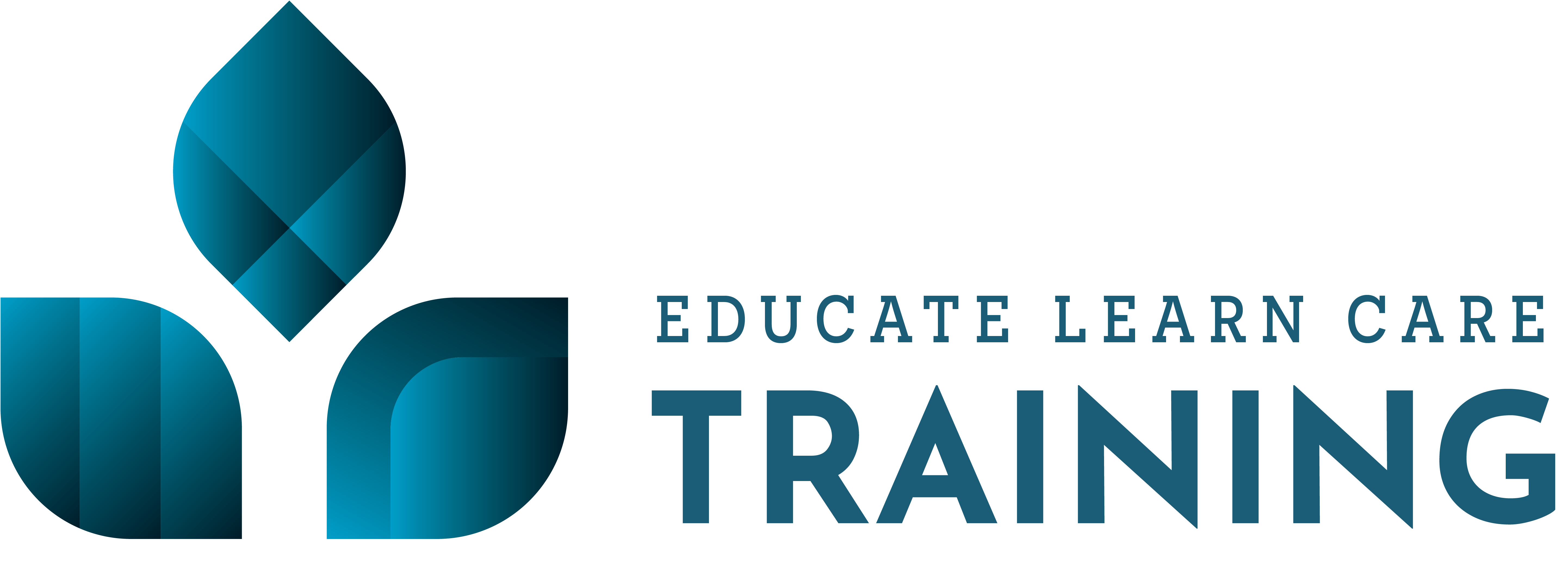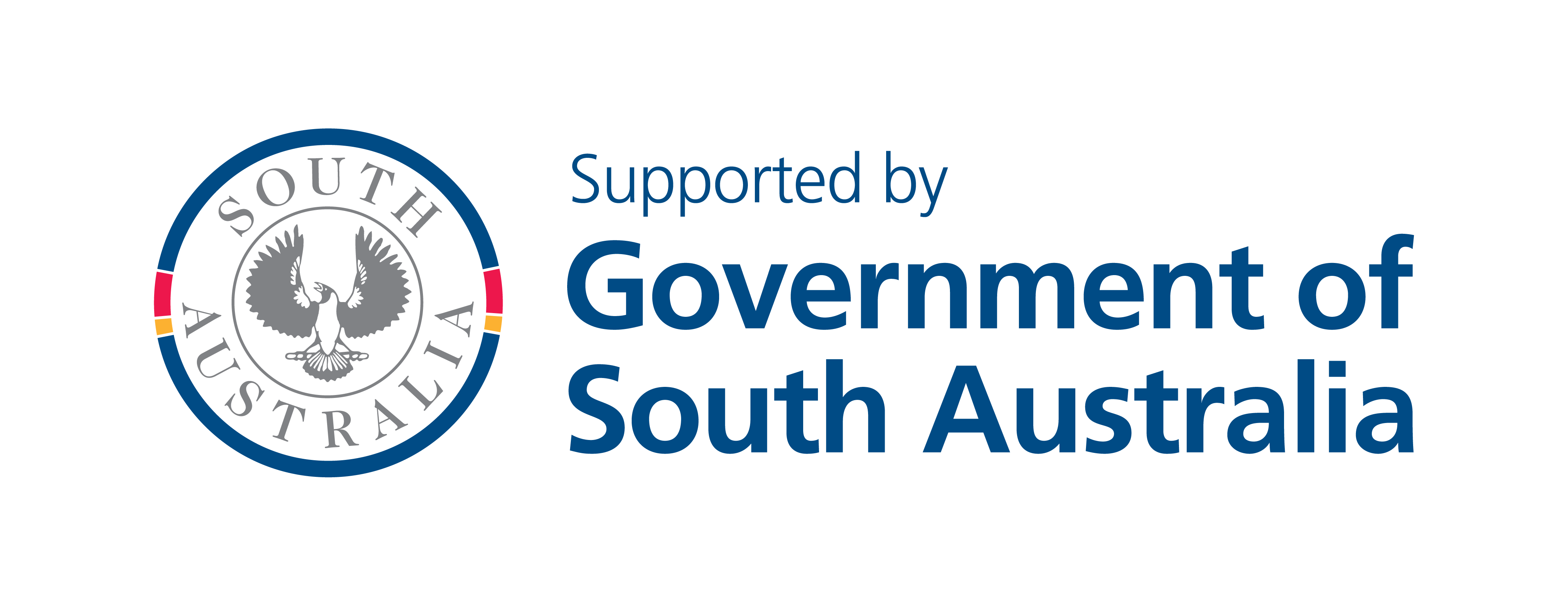In the journey toward study success, particularly in Early Childhood Education, effective study habits and research skills are crucial. Balancing your studies with work, family, and social commitments can be challenging, but with the right approach, you can optimise your study sessions and excel in your course. Here’s a comprehensive guide to developing effective study habits and enhancing your research techniques, ensuring you receive the student support needed to thrive.
Habits for Achieving Study Success
1. Find Your Ideal Study Space
Creating a conducive study environment is key to study success. Whether you choose a quiet corner at home, a local library, or a study area on campus, ensure it’s free from interruptions and distractions.
2. Minimise Distractions
To maximise productivity, eliminate distractions like your phone, TV, and social media. This focused approach helps you make the most of your study time and improves concentration.
3. Use a Planner
Staying organised is crucial for managing your coursework. Utilize a planner—be it digital or physical—to track your progress, set deadlines, and plan your study sessions. This ensures you stay on top of your assignments and maintain a consistent study routine.
4. Plan Your Study Sessions
Avoid cramming by breaking your study time into manageable sessions. This approach not only reduces stress but also enhances information retention, contributing to long-term study success.
5. Tailor Your Study Method
Everyone learns differently. Identify whether you’re a visual, auditory, or kinesthetic learner, and adapt your study techniques accordingly. This personalised approach to studying can significantly boost your understanding and retention of material.
6. Seek Support When Needed
Don’t hesitate to ask for help if you’re struggling with a topic. Leveraging available student support services can provide clarity and keep you on the path to success.
7. Take and Review Notes
Regularly reviewing your notes reinforces learning and helps solidify your understanding of key concepts, a practice essential for study success in any field.
8. Set SMART Goals
Establish Specific, Measurable, Achievable, Realistic, and Time-bound goals. SMART goals keep you focused and motivated, guiding your study sessions toward success.
Research Tips for Enhanced Learning
Effective research skills are critical in Early Childhood Education, where theoretical assessments often play a significant role. Here are some tips to sharpen your research abilities:
1. Utilise Ctrl + F
When working with digital documents, use the Ctrl + F function to quickly find key terms. This tool is invaluable for locating relevant information efficiently.
2. Skim with Sub-Headings
Use sub-headings to navigate through texts quickly. Focusing on relevant sections allows you to gather necessary information without reading entire documents.
3. Consult the Contents Page
The contents page is your roadmap. Use it to find chapters or sections that are directly related to your research topic, saving time and effort.
4. Employ Text-to-Speech Tools
Text-to-speech features in many digital tools can read content aloud, making it easier for auditory learners to process information.
5. Try Immersive Reader
Microsoft Edge’s Immersive Reader can enhance reading and comprehension, making it a valuable tool for students looking to improve their study success.
6. Use Dictation Tools
For those who find it easier to verbalise thoughts, dictation tools in Microsoft Office can convert speech into text, streamlining the writing process.
7. Leverage Grammarly
Grammarly is a powerful writing assistant that helps you refine your grammar, punctuation, and vocabulary. Even the free version offers substantial support for academic writing.
8. Consult Online Dictionaries and Thesauruses
Use these resources to expand your vocabulary and clarify unfamiliar terms, ensuring your writing is precise and professional.
9. Verify Credible Sources
Ensure your research is based on credible sources. Look for up-to-date information from authoritative authors and publications. Websites ending in .org, .edu, or .gov are often reliable.
Understanding Your Learning Style
To achieve study success, it’s important to understand your personal learning style. The VARK model is an excellent tool for identifying whether you learn best through visual, auditory, reading/writing, or kinesthetic methods. Tailoring your study techniques to your learning style can significantly enhance your academic performance.
One useful tool for this is the VARK model, which can help you identify how you learn best. Explore the VARK questionnaire here to tailor your study techniques to your learning preferences.
By adopting these habits and research strategies, you’ll be well-equipped to achieve study success in your Early Childhood Education training. Remember, consistent effort and utilising available student support are key to thriving in your studies. And if you ever need extra help, have a look at our Student Support page or contact your trainer – we are here for for you.
Happy studying!
Written by Stephanie Watson
Trainer Assessor





